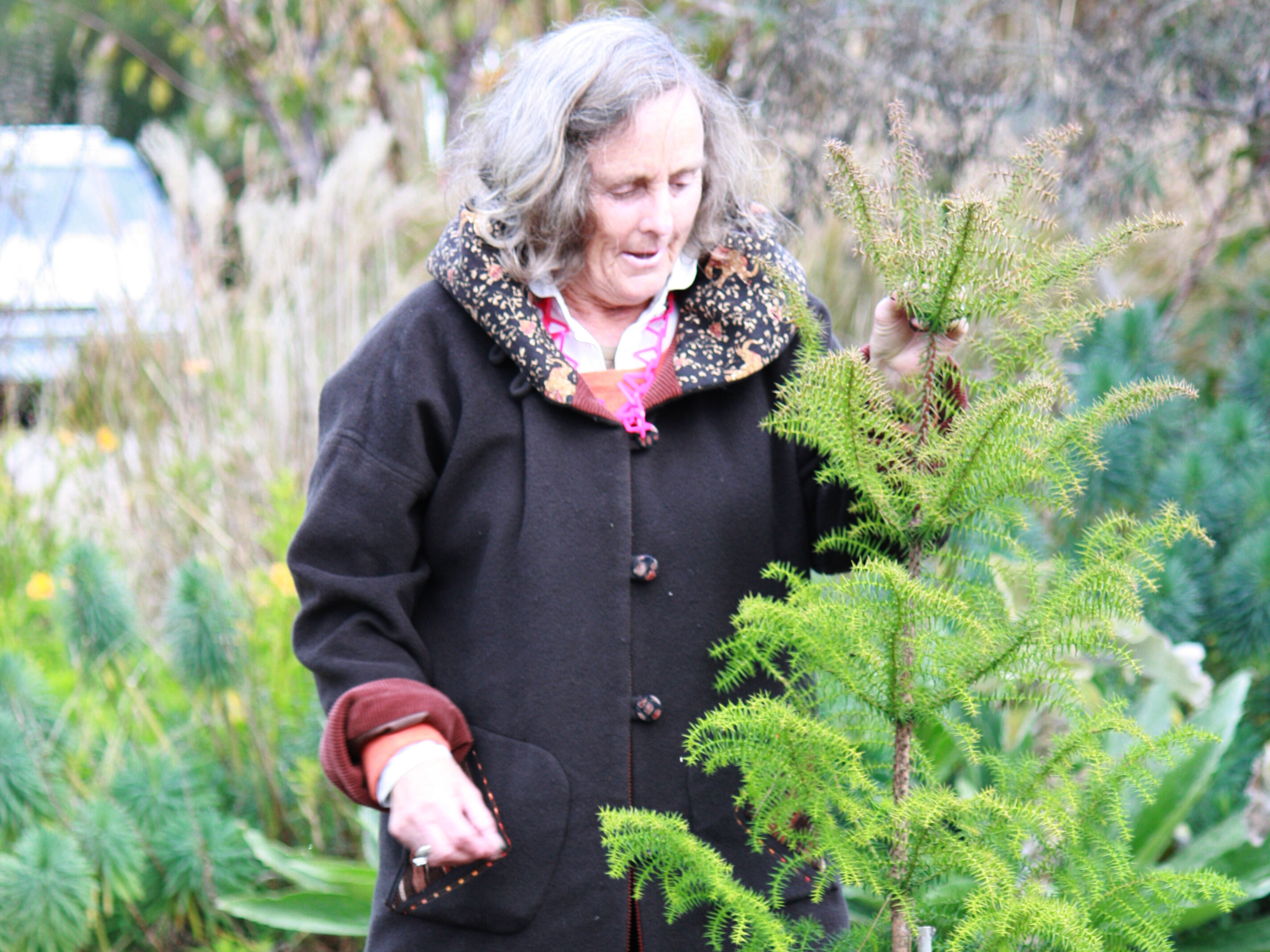At times the magnitude of the climate and environmental crisis we face can seem overwhelming. Unpredictable and extreme weather events, driven by human-induced climate change, can make gardening a challenge.
Larger environmental concerns, such as the ongoing algal bloom in South Australia or the bleaching of our coral reefs, serve as a sobering reminder of the scope of the problem. Nature is a complex and interlinked system. The effects of extreme weather events in one area can have unexpected and far-reaching consequences elsewhere, impacting everything from our native environment to our own backyard gardens.
Hotter, drier summers, erratic rainfall and severe seasonal variations can all cause headaches for the gardener. Long-held understandings of the environment in which we are growing are no longer as reliable as they once were. From the date of our last frost before summer to the expectation of rain over our growing months, we must learn to adapt and make the most of each season, whatever it may bring.
Simple solutions, such as watering more in drier summers, are not always enough. At The Garden of St Erth, dry summers affect the entire local environment, not just the garden beds we work and irrigate. Desperate wildlife encroach from the surrounding bushland in search of water and, of course, a feed from our garden; lush and tempting compared to the parched native forest.
And yet as gardeners, we find ourselves uniquely placed to effect change, even on the smallest of scales. Every garden and every backyard, no matter the size, can help tackle the problem. Frustrating as things like unplanned visits from wombats eating our flowers may be, they emphasise the important role of gardens in providing broader biodiversity, whether for wildlife, insects or bees.
The effect of one keen gardener in their home garden cannot be overstated. Each garden and cool verdant microclimate we create is a step in tackling the problem of climate change and returning humans to a harmonious relationship with our natural world. Every compost heap we create, tree we plant, or soil we improve helps pull CO2 from the atmosphere and return it to the soil.
Best wishes for the summer growing season, may your harvest be festively fruitful!
